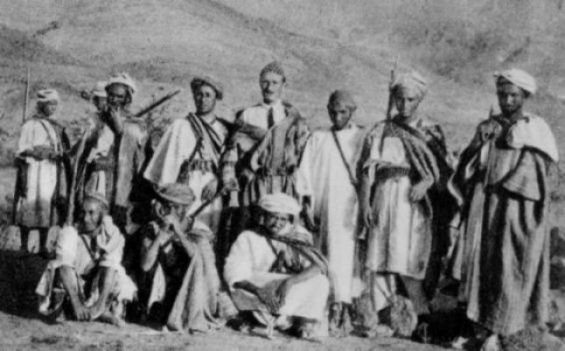A tribute was paid on Thursday to Moroccan soldiers who fell in 1940 fighting against Nazi troops, during a ceremony commemorating the battle of Kapelle (southwest of the Netherlands).
Speaking on this occasion, the Moroccan ambassador to the Netherlands, Abdelouahab Bellouki, said it is a deserved tribute «to the valiant fighters who died on the battlefield for freedom, human dignity and democracy».
By coming to defend the Netherlands, stressed Bellouki, the valiant Moroccan fighters, have stood out by their courage, dedication and self-sacrifice in the defense of human values. «They have distinguished themselves by their sense of commitment and a spirit of selflessness for a just cause. They came from far away, ready for the ultimate sacrifice», he added.
The ambassador recalled that 85,000 Moroccan fighters contributed to the victory of the Allies over Nazism and fascism, responding to the call of the late King Mohammed V who was awarded by General de Gaulle the Liberation Cross and made Companion of Liberation.
According to the ambassador, this tribute ceremony is also an opportunity to celebrate «the unfailing friendship between the Moroccan, Dutch and French peoples, who love peace, justice and tolerance».
«It is also to testify of our firm determination, always renewed, and our will to say no to barbarism, xenophobia, racism, hatred, Islamophobia and anti-Semitism, scourges that shame humanity», he noted.
For the Moroccan diplomat, «the contempt openly displayed by some circles towards the Moroccan community in this country undermines its humanistic foundations and ignores the valuable lessons that the Netherlands has taught us throughout history».
«The terribly false images, and often instrumentalized, the incredible prejudices stuck to Moroccans residing in the Netherlands and elsewhere, the demonization of a whole community, because of unacceptable and unjustifiable acts of a minority, constitute an approach to say the least hurtful and humiliating», he added.
The ambassador also stressed the need to preserve this memory so that it can be «a source of inspiration and learning for present and future generations».




 chargement...
chargement...












